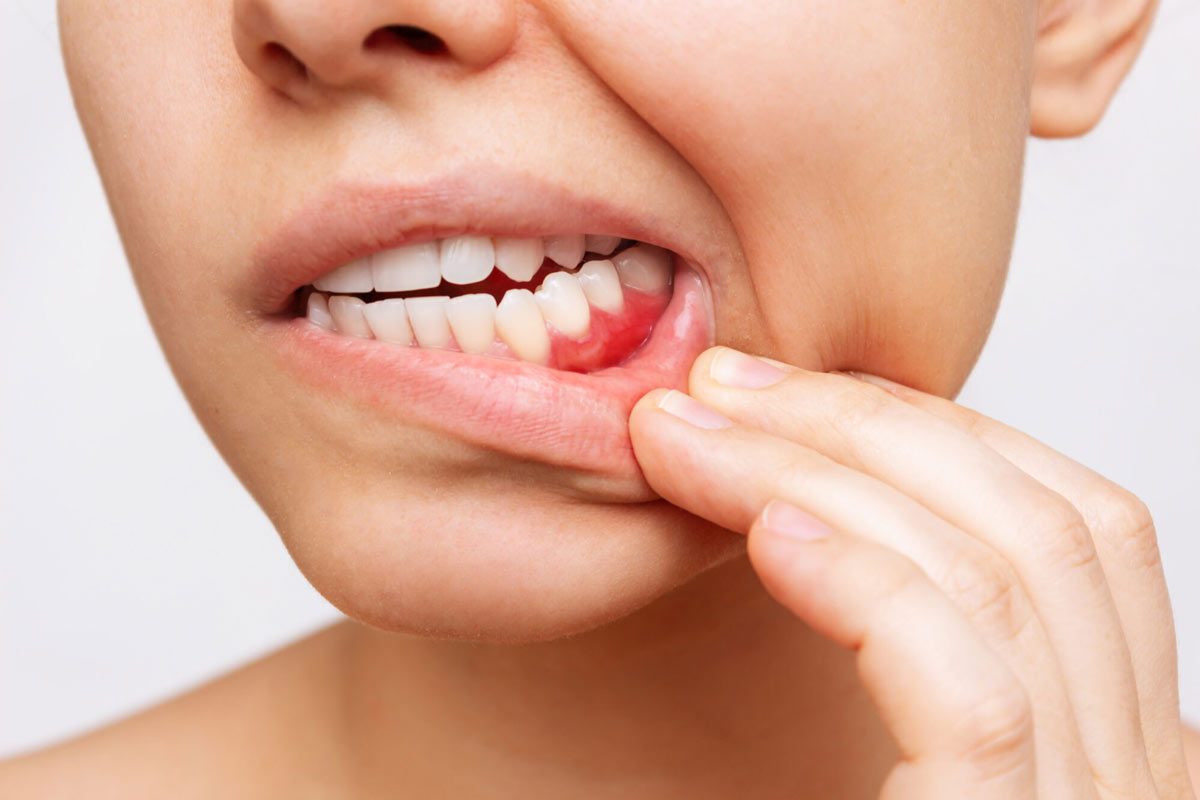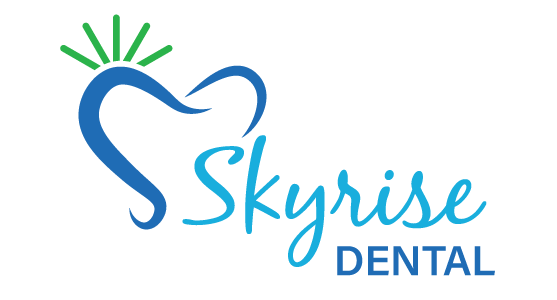As we age, our bodies go through several changes. The impacts of aging are visible in all facets of life, including dental health. The body’s ability to adapt and repair itself declines with age. The tissues get thinner and more elastic as the cells renew themselves slowly. Bones typically lose their maximum strength and density over time. Our immune systems can also weaken over time, which makes it easier for some illnesses and infections to spread and prolongs the recovery process. These changes also impact your oral health, and some diseases may develop. You can maintain the best oral health possible as you age by visiting SkyRise Dental specialists regularly for examinations.
Common Oral Health Issues in Older Adults
Dry Mouth
The risk of dry mouth is higher in older people. Age, medicine use, or specific health issues may contribute to this. Saliva is essential for maintaining good oral health. It keeps your gums healthy and guards against tooth decay. When your mouth’s salivary glands fail to produce enough saliva, you may be more likely to have the following conditions:
- Mouth ulcers
- Gum disease and tooth decay
- Oral yeast infection (thrush)
As you age, you can notice a slight decrease in saliva production in your mouth. However, medical conditions that affect older adults are more common causes of dry mouth:
- Many medications, for example, medicines used to treat high blood pressure, high cholesterol, pain, and depression, can cause a decrease in saliva production. This is likely the most typical reason for dry mouth in older people.
- Cancer treatment side effects may cause dry mouth.
- Health issues like diabetes, stroke, and Sjögren syndrome can impair saliva production.
Gum Disease
Plaque and food residue on the teeth, along with the use of tobacco products, unhealthy eating habits, poorly fitting bridges and dentures, and diseases including anemia, cancer, and diabetes, all contribute to the development of gum disease. Gum disease can cause tooth loss and is particularly dangerous to one’s health because it has been connected to various health issues. An early stage of gum disease is gingivitis. It happens due to plaque and tartar accumulation that irritates and inflames the gums. Periodontitis is the term used for severe gum disease. It may result in tooth loss.

Wear and Tear
Although teeth are much stronger than bone, they are still susceptible to damage. This is because the enamel on the surface is worn away whenever your teeth grind against one another. For people with bruxism, a lifetime of chewing, biting, and grinding will cause flattening.
Flat or worn teeth expose more surfaces to bacteria and erode natural enamel. In addition to increasing the risk of cavities and decay, weak or worn enamel can result in cracked or chipped teeth. Maintaining good dental hygiene during your golden years is crucial to preserving your teeth for a lifetime. This includes the standard recommendations of brushing twice daily, flossing once daily, eating a balanced diet, and visiting your dentist twice a year.
Gum Recession
When the tissue encircling your teeth begins to pull away, this is known as gum recession or receding gums. This may occur due to other medical issues or gradual thinning and wear and tear of the tissue. As a result, more of the tooth’s surface is visible when the gums recede. This increases the risk of tooth decay and raises the risk of jaw bone loss.
Cavities
Cavities form in the mouth when bacteria (contained in plaque) convert sugars and carbohydrates from food into acid. This acid erodes tooth enamel and can result in cavities. Cavities are common in older people, partly because more adults keep their teeth for life. In addition, because older people’s gums often recede, cavities are more likely to form at the tooth’s root. Additionally, dry mouth makes it easier for bacteria to accumulate in the mouth, which promotes tooth decay.
Oral Cancer
Men are twice as likely as women to develop oral cancer, which is more common in those over 45. The most common cause of oral cancer is smoking and other tobacco use. In addition, oral cancer risk is significantly increased by excessive alcohol use and tobacco use. However, with prompt dental consultation, many of these aging-related effects on oral health can be controlled and treated. Follow these simple strategies to maintain excellent dental health as you age:
- Brush your teeth twice a day with fluoride toothpaste and floss every day.
- Visit your dentist for regular checkups and cleanings.
- Eat a nutritious diet.
Following these tips lets you keep your smile looking and feeling wonderful even as you age. Call us at SkyRise Dental if you live in Thornhill, Ontario, and you need more information or book an appointment online!



